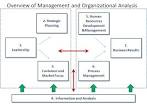
advent-ca.com... analysis of subsequent planning activities. Organizational performance ...
917 × 650 - 70 k - jpg |
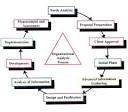
strategicsource.netSSI Organizational Analysis Process Summary
460 × 402 - 37 k - gif |

emeraldinsight.comOrganizational Analysis of the Brighton Police Department
2017 × 1377 - 20 k - png |
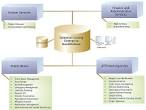
esri.comThe organizational analysis of the county's operations resulted in an ...
900 × 680 - 88 k - jpg |

conflictmonitors.orgEXCERPT: "The Taliban organization is a network of franchises, ...
400 × 276 - 12 k - jpg |

ona.open-knowledge.itThe Organizational Network Analysis Survey Tool is aimed at:
359 × 239 - 36 k - jpg |

emeraldinsight.comFictional approaches to organizational analysis
988 × 558 - 28 k - png |

docstoc.comORGANIZATIONAL ANALYSIS OF STRENGTHS AND WEAKNESSES. Document Sample
1500 × 1125 - 109 k - png |

jeffoberlin.comOrganizational Analysis and Design is a methodology that systematically ...
409 × 309 - 46 k - jpg |
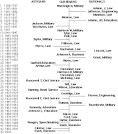
keirsey.comOrganizational Analysis · Pricing Schedule
511 × 580 - 11 k - gif |
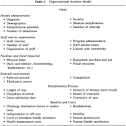
psycnet.apa.orgTable 1: Organizational Analysis Model
433 × 434 - 68 k - gif |

referenceforbusiness.comOrganizational analysis and planning focuses on cultivating and maintaining ...
420 × 280 - 54 k - jpg |

hollstadt.com... An assessment plan for the current business analysis organization ...
539 × 395 - 27 k - gif |

wisdm.netOrganizational Analysis: Soft Systems Methodology (SSM), e-business strategy
489 × 323 - 7 k - gif |

optimumhm.netOptimum Health Management can perform an analysis of your organization's ...
500 × 413 - 44 k - jpg |

auo.comIt utilizes Organizational Analysis, Task Analysis, and Personal Analysis to ...
694 × 927 - 69 k - jpg |
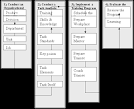
qtcharts.com... 1) Conducting an organizational analysis; 2) Conducting a task analysis; ...
570 × 462 - 11 k - gif |

mgmtworks.comOur method emphasizes a multi-dimensional analysis of the organization or ...
720 × 540 - 7 k - gif |

graphicleftovers.com7 S Model For Organizational Culture, Analysis A..
500 × 500 - 213 k - jpg |

traininganddevelopment...Organizational Level – Training need analysis at organizational level ...
512 × 384 - 13 k - jpg |
No hay comentarios:
Publicar un comentario